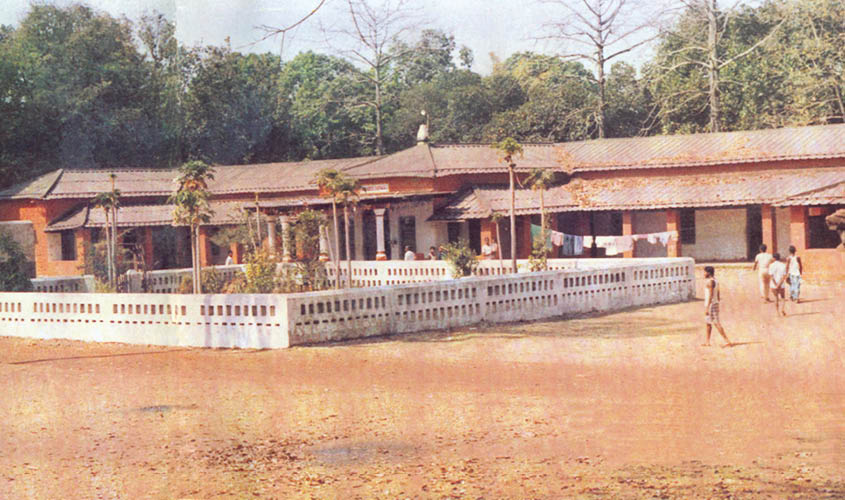New Delhi: The Akhil Bharatiya Vanvasi Kalyan Ashram (ABVKA)—a wing of the Rashtriya Swayamsevak Sangh (RSS)—is working silently to woo the tribal voters of Madhya Pradesh, Chhattisgarh and Rajasthan, in an attempt to help the Bharatiya Janata Party sweep these three Hindi heartland states in the Lok Sabha elections set to commence from next month.
The Ashram, which runs a chain of schools and hospitals for the tribal population, was conceived by the Sangh Parivar to counter proselytizing activities by Christian missionaries in the tribal regions of the country. The ABVKA, which was founded on 26 December 1952 at Jashpur, Chhattisgarh (then Madhya Pradesh), by enrolling only 13 children from tribal communities for its hostel project, has grown into a much larger organisation and has acquired cult status in the tribal belts of the country.
A source close to the ABVKA said: “Ever since the BJP was defeated in the Assembly polls in MP, Rajasthan and Chhattisgarh, the ABVKA has intensified its campaign on the ground to regain the BJP’s popularity among tribals across the region.”
The BJP, which is widely considered as an upper caste party, had been successful in bagging tribal votes for the past 15 years. A major part of the BJP’s successful penetration of the tribal region in the past was due to its RSS wing ABVKA, according to a local RSS functionary.
“Since the last two-three months, ABVKA workers have been holding meetings with parents of tribal students enrolled in its schools and hostels to make inroads in the tribal belts of Chhattisgarh, Rajasthan and MP,” the same source said.
Praveen Maheshwari, a senior office bearer with the ABVKA, told The Sunday Guardian that “The ABVKA is a social organisation and works for the uplift of tribals across the country. Although the BJP is the ideological child of the RSS, members of ABVKA have been working in their personal capacities to strengthen the party in the tribal belts; the Ashram does not play any role in the political affairs of the BJP.”
“The ABVKA has done enormous work in the tribal belt by way of providing education and healthcare to its habitants and, in turn, the tribals support the ideology of the RSS and its ally in the region. We have received great recognition and warmth from our tribal community,” Maheshwari said.
“In states like MP, Rajasthan and Chhattisgarh, for more than a year, the tribal community was unhappy with the BJP and that resulted in the defeat of the BJP in the Assembly elections, but now the resentment against the party has reduced. Also, after the defeat in Assembly polls, the BJP has done some course correction, including a quick review plea against the Supreme Court eviction order against the tribals. I think these course corrections will help the BJP in the Lok Sabha polls,” Maheshwari added. According to political observers, the BJP’s success in making inroads in the tribal belt happened because of the foundation built by the ABVKA, which had “come as an answer to the Christian missionaries’ aggressive conversion bid”.
Satish Upadhyay, an ABVKA functionary from MP told The Sunday Guardian: “The Assembly and Lok Sabha elections are two different things. We are witnessing that the BJP is on an upswing in the tribal-dominated constituencies of Jhabua, Khandwa, Mandla, Shahdol, Sidhi and parts of Dhar.”
In the Lok Sabha polls, tribal voters across Chhattisgarh, Madhya Pradesh and Rajasthan are going to play a decisive role as Chhattisgarh has 43% of its seats reserved for Scheduled Tribes and Scheduled Castes, Madhya Pradesh 36% and Rajasthan 30%.

